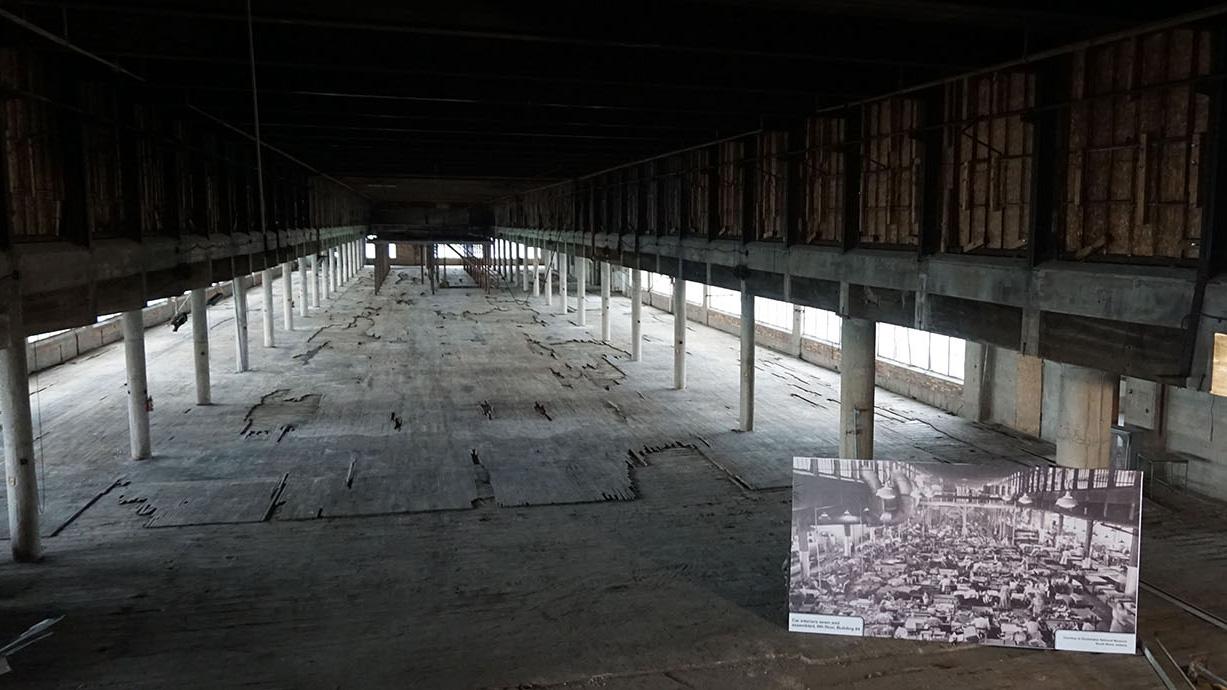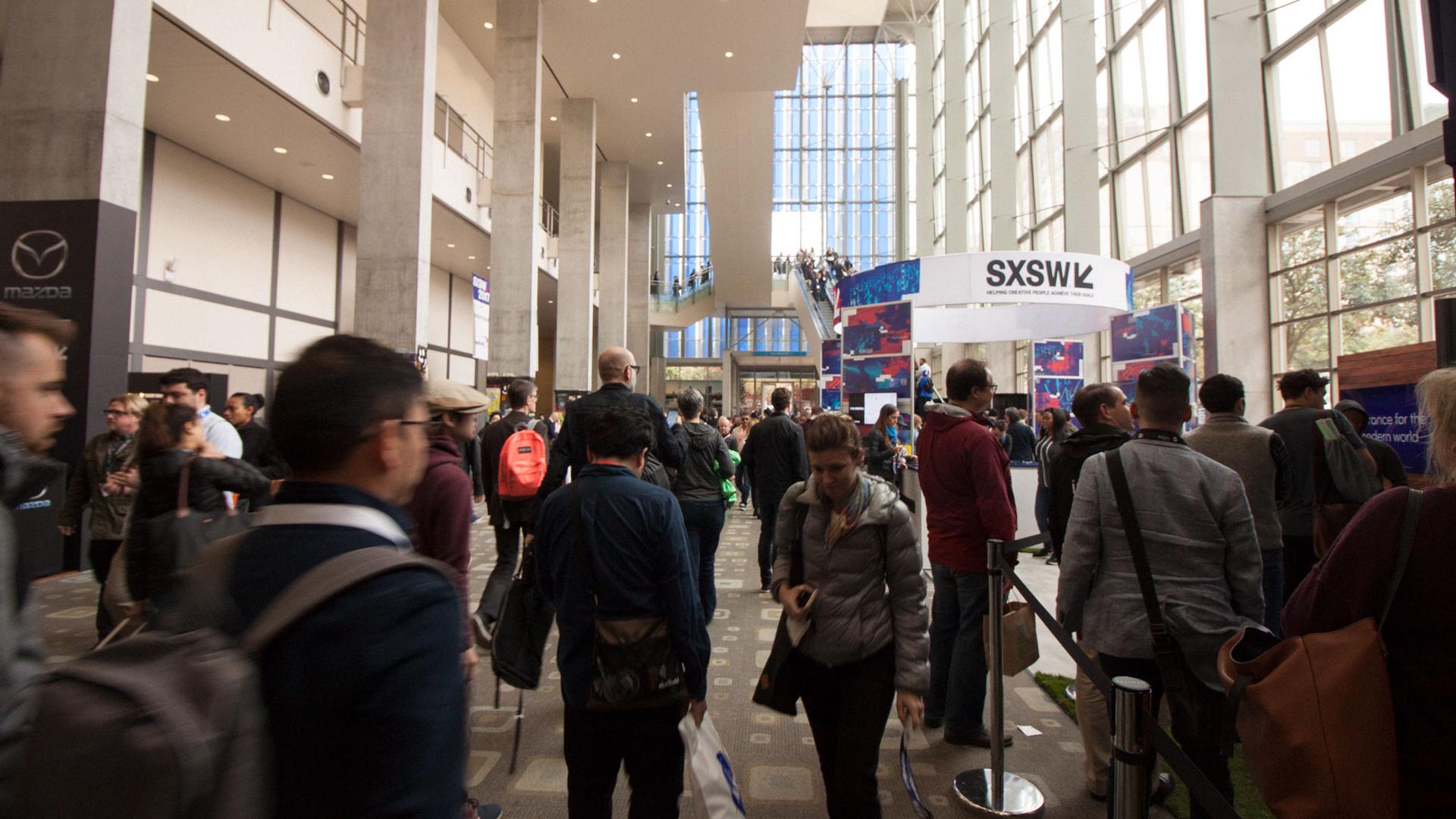Innovation
The Maker Movement that was born in the USA has taken on Chinese characteristics
The Maker Movement was made in the USA, but it’s now gone global, to dozens of countries, encouraging people to (re)discover the joy and satisfaction that comes from making something with your own hands, to go from just consuming to also producing. But what if you’ve already been making for decades, as the factory of the world? Chinese makers embrace the fun and creativity in the movement; the government sees it as a tool to increase China’s innovation and drive economic growth. They want to add structure and control. But what if unstructured fun is a path to innovation? The Maker Movement was made in the USA, but it’s now gone global, to dozens of countries, encouraging people to (re)discover the joy and satisfaction that comes from making something with your own hands, to go from just consuming to also producing. But what if you’ve already been making for decades, as the factory of the world? Chinese makers embrace the fun and creativity in the movement; the government sees it as a tool to increase China’s innovation and drive economic growth. They want to add structure and control. But what if unstructured fun is a path to innovation?


